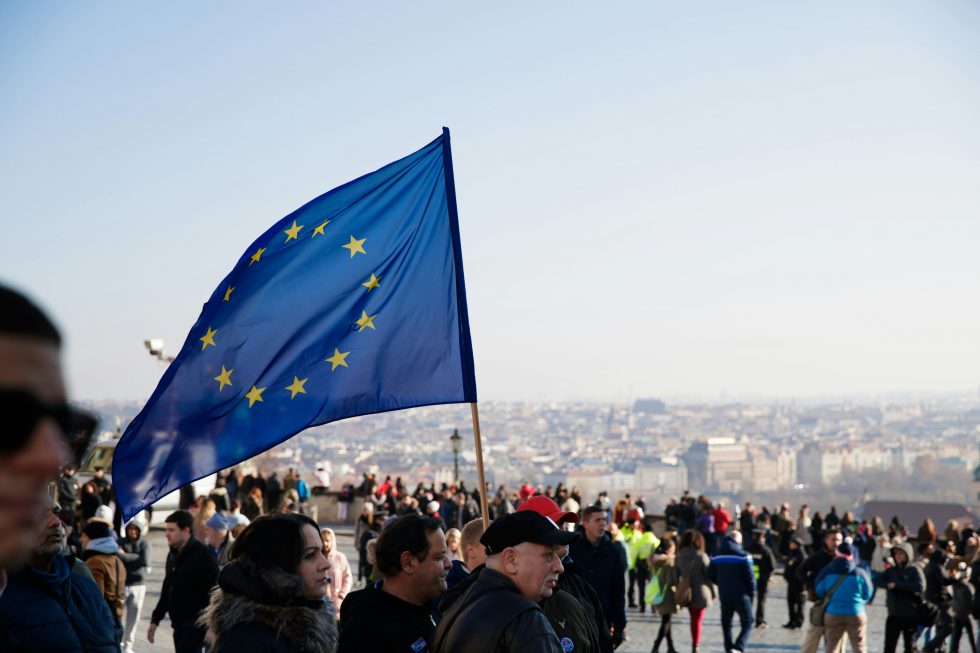
The original version of this article was published in Italian by the same author on 17 May 2025.
After an unprecedented election year – one in which more than four billion people went to the polls around the world — it’s time to pause and reflect.
Today, voting takes place in a radically altered landscape, where social media have become the central arena for shaping public consensus.
And this shift is reshaping the very foundations of democracy.
The new battleground
In the dominant narrative of the 1990s, the globalisation of information was seen as a vehicle for freedom and progress.
The prevailing belief was that the internet would tear down the last remaining barriers and global media would promote dialogue and mutual understanding among nations.
But reality followed a different course.
The end of the Cold War didn’t resolve the conflict between authoritarianism and democracy – it simply shifted it onto the terrain of information.
In an era of cyberwar and cognitive warfare, communication itself has become a battlefield.
Social media are no longer just platforms for sharing opinions: they are instruments of power, spaces where collective identities are shaped, political narratives are forged, and targeted campaigns are carried out using big data and artificial intelligence.

At the Parlamentarium in Brussels, the visitors’ centre of the European Parliament, a banner marking the most recent European elections, held between 6 and 9 June last year. Photo: Flickr.
Voter, target, and more
Today, every connected and profiled citizen is simultaneously a voter, a target, and a content creator.
The communication strategies of modern populist movements make this clear: what appears spontaneous is often the product of a carefully engineered system, crafted by spin doctors, data scientists, and behavioural psychologists.
Gaffes are reframed as signs of authenticity, fake news becomes a tool for building loyalty, and communicative chaos is weaponised.
And the stage where all of this unfolds is social media.
Who’s to blame
According to an international study published in Nature and led by Walter Quattrociocchi, professor at La Sapienza University of Rome, the transformation of digital platforms alone is not enough to explain the toxicity of online political discourse.
Algorithms may amplify certain content – but it’s the collective behaviour of users that truly fuels polarisation.
The radicalisation of opinion and the spread of fake news don’t stem solely from platform dynamics. They also reflect our own tendency to seek confirmation, form like-minded communities, and shut out opposing views.
The study points to an uncomfortable truth: social media aren’t inherently toxic – we often make them so.
While the architecture of these platforms enables disintermediation, it also fosters echo chambers that reinforce prejudice and hostility.
The decline of public debate, then, is a shared responsibility – one that falls on platforms, political actors, and citizens alike.

The assault on the US Capitol in Washington, DC, by MAGA supporters on 6 January 2021. Photo: Wikimedia Commons.
Political participation
In this new ecosystem, political participation hasn’t disappeared – it has simply evolved.
It’s more immediate, yet more fragile. Seemingly more inclusive, yet often shaped by opaque mechanisms.
The active citizen risks being reduced to a mere “engaged user”, while real power shifts to those who design the algorithmic logic behind the platforms where participation takes place.
Yet participants continue to play a crucial role: for digital democracy to be truly democratic, it must be grounded in awareness, education, and critical thinking.
Like & Leadership
We’ll explore all of this on Monday, May 26, during our next event, Like & Leadership.
Not just to find answers, but to ask better questions. Because understanding the role of social media in politics today means grasping the future of democracy itself.
And looking the other way is no longer an option.









